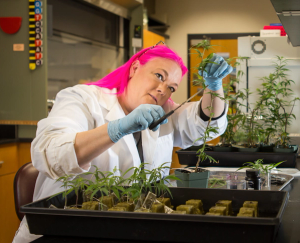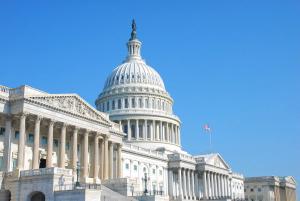Articles by Sebastian Krawiec

To better understand the cannabis marketplace, Cannabis Science and Technology has partnered with BDSA to review cannabis sales trends and offer actionable insights about how the cannabis space is evolving in existing and burgeoning legal cannabis markets.

Daniela Vergara, PhD, discusses her work with on the production of photo periods and the importance of data sharing.

Daniela Vergara, PhD, explains her work with the Cornell Cooperative Extension.
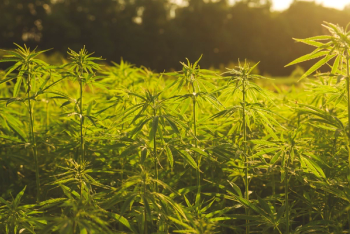
Tribal governments throughout the US are developing cannabis and hemp regulations to cultivate, process, and sell cannabis products to tribal members and non-members alike. Each tribe has its own approach to navigating this space, with independent indigenous entrepreneurs expanding opportunities outside the reservation.
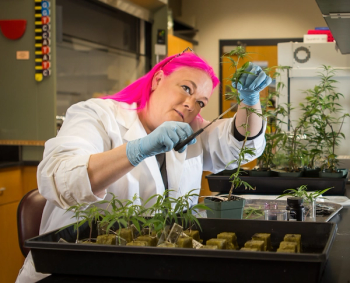
In this interview clip from our Women in Grow: Leadership in Cannabis Genetics and Cultivation supplement, Anna Schwabe, PhD explains the cannabis projects and companies she is actively involved in, her goals for the future, plus past guests on her podcast, The Dank Hour.

In this interview clip from our Women in Grow: Leadership in Cannabis Genetics and Cultivation supplement, Anna Schwabe, PhD shares insights into genetic characteristics of the cannabis plant and potential research into disease resistance.

In this interview clip from our Women in Grow: Leadership in Cannabis Genetics and Cultivation supplement, Anna Schwabe, PhD exlains the cost, services, and benefits of cannabis genotyping.

In this interview clip from our Women in Grow: Leadership in Cannabis Genetics and Cultivation supplement, Anna Schwabe, PhD explains mislabeling and record-keeping in the industry.

Daniela Vergara, PhD, discusses the high genetic diversity of the cannabis genome and data legal challenges.

In this interview clip from our Women in Grow: Leadership in Cannabis Genetics and Cultivation supplement, Anna Schwabe, PhD explains her research on variations in cannabis genetics and their significance.

In this interview clip from our Women in Grow: Leadership in Cannabis Genetics and Cultivation supplement, Anna Schwabe, PhD shares her educational background in plant genetics.

Economic incentives are driving dishonest laboratory test results,
and there’s data to prove it.
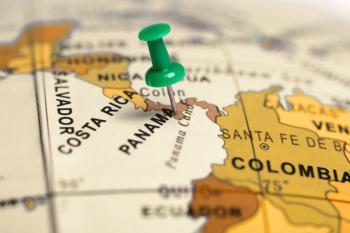
The National Assembly in Panama approved a bill that would regulate the production, marketing, and export of hemp in the country.
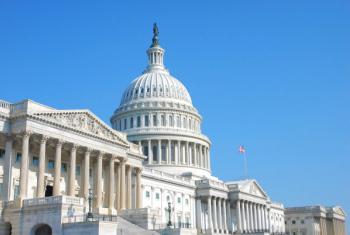
The U.S. Senate Committee on Agriculture, Nutrition, & Forestry has introduced the Rural Prosperity and Food Security Act, which will serve as the Senate’s draft for the 2024 Farm Bill.

The five-year study will be supported by a $2.2 million grant from the National Institute of Drug Abuse.

The report says that Illinois added 82 licensed dispensaries, the largest expansion of dispensaries since the program’s start in 2014.

The researchers point out that it is important for clinicians to ask about CBD use to better advise patients and prevent potential drug interactions.

The temporary restraining order would prevent the enforcement of these regulations while the lawsuit is being litigated.
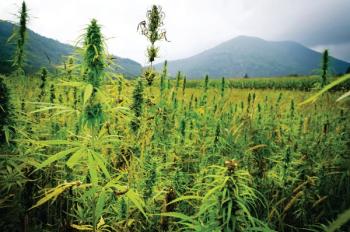
The bill would amend the definition of hemp to raise the threshold of delta-9 THC to 1% from 0.3%.

The Cannabinoid Safety and Regulation Act would establish a regulatory regime for products that contain hemp cannabinoids.

On September 24th, 2024, the U.S. Hemp Roundtable, a group of California hemp farmers and businesses filed a lawsuit against the regulations.

The DHSS will focus enforcement efforts on misbranded intoxicating cannabinoid products.

The U.S. Hemp Roundtable submitted comments to California’s Office of Administrative Law (OAL) on September 16th, urging the agency to overrule emergency regulations proposed by Governor Gavin Newsom and the California Department of Public Health (CDPH).
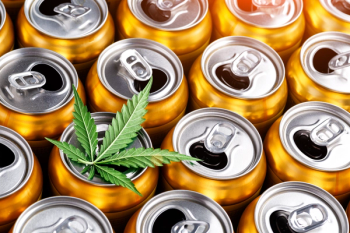
The Attorney General's office says that non-alcoholic beverages with hemp-derived tetrahydrocannabinol (THC) with concentrations of delta-9 THC of no more than 0.3% are legal in South Carolina, assuming you can verify they meet this threshold.

According to Sunmed, the regulations effectively make 95% of the retailer’s inventory illegal, depriving consumers of wellness products they trust and rely on to support their health, as well as putting retailers at risk of closure.

The lawsuit challenges Emergency Rules issued by the agency on June 2024 that would establish a licensing program for retailers and suppliers of hemp-derived cannabinoid products.

The regulations would ban any hemp-derived food, beverage and dietary products from having any THC levels and impose an age restriction of 21 to purchase these products.

The Missouri Hemp Trade Association has filed a lawsuit in the Cole County Circuit Court seeking to prevent the Missouri DHSS from designating food and beverage products containing psychoactive cannabinoids derived from hemp as adulterated and implementing an embargo.
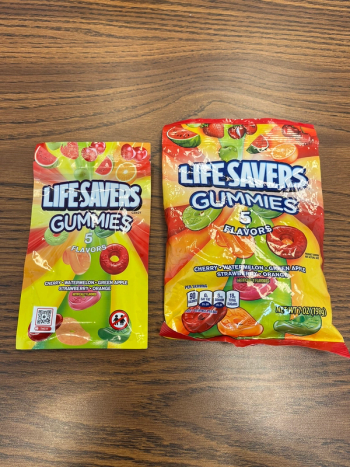
Missouri’s Department of Health and Senior Services is on track to “embargo and condemn” products that contain intoxicating cannabinoids starting September 1, 2024 in accordance to an executive order signed by the state’s governor, Michael L. Parsons.

California Assembly Bill 2223 has failed to pass the State Senate.




















